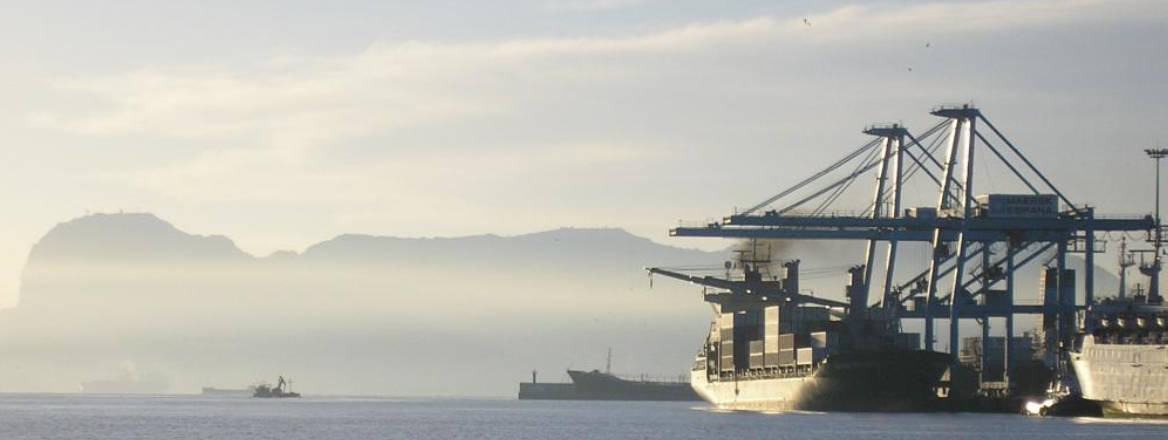On Tap Europe: Organised Crime and Illicit Trade in Spain: Country Report
This is the second in a series of five country-level papers on the role of organised crime groups in the illicit trade of tobacco, alcohol and pharmaceuticals across Europe, focusing on Spain as a case study.
The criminal networks behind Spain’s illicit trade are sophisticated, agile and often active in other areas of criminality. In contrast to other countries studied, there does not appear to be a decisive shift away from the established high-risk activities of organised crime (such as trafficking narcotics) towards illicit trade, which is considered comparatively low-risk both in terms of detection and potential sanctions. Instead, the flexibility of organised crime groups in Spain includes both forms of activity, with groups moving between different illicit commodities and between crime types as opportunities arise.
While Spain has long acted as a transit hub, a substantial domestic market for illicit goods has also developed. There appears to be limited infiltration of legal supply chains, with stringent regulatory systems largely preventing illicit goods from being sold through registered retailers. However, such goods remain readily available from a variety of sources, suggesting that measures have displaced rather than suppressed the sale of illicit products. Production of illicit goods within Spain is also an emerging trend, with illegal tobacco, alcohol and pharmaceutical factories uncovered in recent years.
This paper identifies four specific drivers that underpin this complex and evolving role: the significant price differentials with nearby countries and territories; the impact of the global financial crisis on the Spanish economy; a social acceptance of illicit goods and the perception among the public that illicit trade is not a serious criminal issue; and the application of relatively lenient sanctions against those convicted of crimes related to illicit trade. It is the combination of these factors that has simultaneously created demand for illicit products, fuelled their supply, and offered limited deterrence for participation in this form of criminality.
ABOUT THE ON TAP EUROPE SERIES
According to Europol, commodity counterfeiting and illicit trade in substandard goods are major emerging criminal activities in the EU. The low risks and high profitability associated with illicit trade increasingly attract organised crime groups and the number of counterfeit products seized by law enforcement agencies across Europe continues to grow. The eighteen-month On Tap Europe study provides a comparative analysis of the role of organised crime in the illicit trade of tobacco, alcohol and pharmaceuticals across the EU, gathering evidence from a number of member states.
The six-part series explores the scale, methods and routes of these organised criminal networks, and identifies best practice in policy and law enforcement responses. The final report examines how these issues affect Europe as a whole; it features a series of recommendations for the European Commission, its agencies and EU member states.

